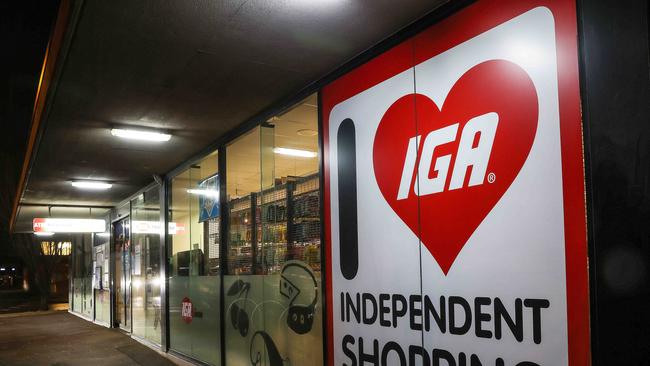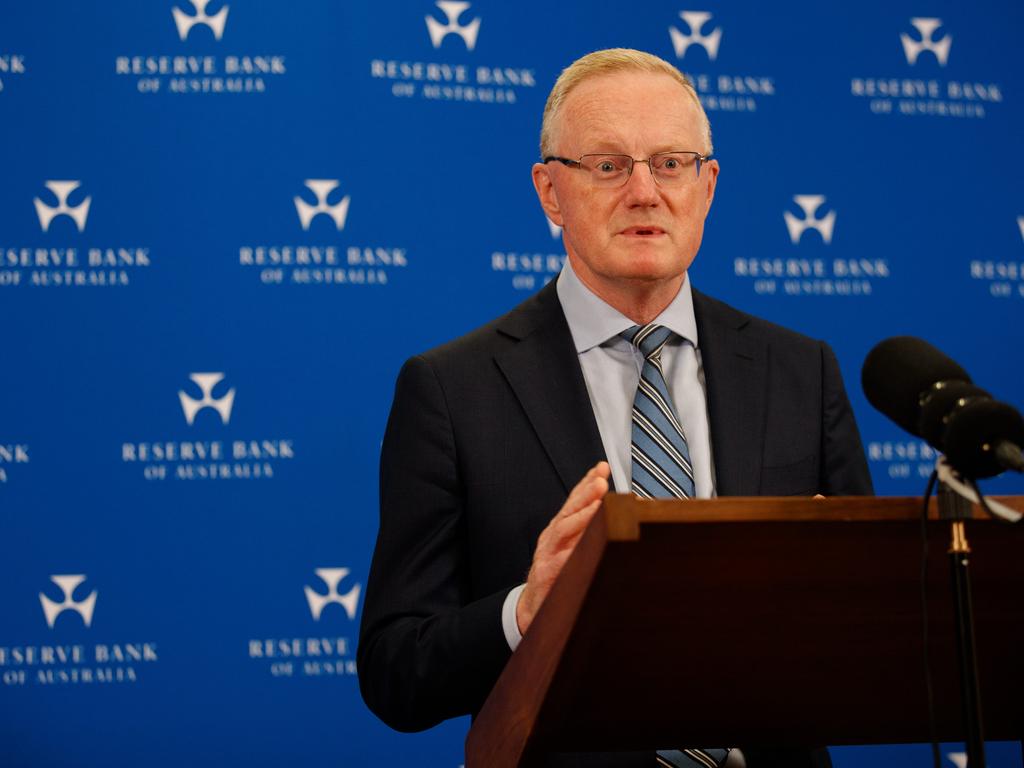Metcash asks supermarket suppliers for faster payments as funding costs and interest rates rise
Metcash is blaming rising interest rates and shopper demands for long-term discounts for an overhaul of supplier payments that fund promotional campaigns.
Metcash is blaming rising interest rates and shopper demands for long-term discounts for an overhaul of supplier payments that fund promotional campaigns.
The nation’s largest food and grocery wholesaler to independent supermarkets has given five months’ notice that it wants suppliers to speed up payments owed to Metcash.
It comes as Metcash chief executive Doug Jones also asked his supermarket suppliers at a recent supplier conference in Sanctuary Cove, Queensland, to improve their volumes to better match customer demand.
At the conference he asked suppliers to focus on lifting their inbound service levels to Metcash – volume supplied by suppliers against volume ordered from supplier – which had deteriorated during the supply chain challenges amid the Covid pandemic, and was still below normal levels.
This better balance between volumes would enable Metcash to redirect some of its capital towards other growth opportunities.
Meanwhile, as part of a renewed push to bolster its own cash flows and investment options, new payment arrangements between Metcash and its food and grocery suppliers, which will begin from November 6, will essentially see it lean more on suppliers for faster payments that fund in-store discounts of their products – and which will also help bolster Metcash’s cash flow.
In a letter to suppliers, obtained by The Australian, Metcash says the new payment system is needed due to rising funding costs – partly driven by the rising interest rate environment – and the greater regularity of longer promotional periods and campaigns at the supermarkets as retailers grapple with cost-of-living pressures for its shoppers.
The tougher economic climate has seen supermarket chains Woolworths, Coles and independents supplied by Metcash such as IGA and Foodland switch to longer discount campaigns to attract cost-conscious shoppers. However, this has placed a greater cost burden on the wholesaler, Metcash, as it typically paid for the discounts at stores itself and then collected payments from suppliers that funded those store discounts at the end of the campaign, which could be many months. Metcash also claims this is being driven by requests from suppliers for more regular promotional claims.

“The reason for this change in process is in response to supplier requests for more timely and regular promotional claims, and to reduce the time Metcash Food and Grocery (MF&G) is required to fund a supplier-supported discount to MF&G’s customers during a promotional buy period before MF&G can claim for that supplier-supported discount from the supplier.
“These funding costs borne by MF&G have increased over a number of years, including as the nature and mix of promotions have changed (considerably higher proportion of promotions that are long-term price reductions) and costs of finance have increased,” the letter says. The changes mean that whereas before Metcash would cover the cost of store discounts and then collect supplier payments, it will from November ask suppliers to fund those discounts weekly.
“This change will not eliminate these funding costs borne by MF&G but will result in a more reasonable sharing of these increased costs,” the suppliers letter says. “This change will have minimal (if any) effect on claims for short-term price reductions.”
A spokesman for Metcash said the wholesaler had provided five months’ notice to suppliers of a process change in the collection of supplier funding.
“The reasons for this include our shift to longer promotional periods to give shoppers more price certainty and value in the current environment, for example our Low Prices Every Day program has a 13-week cycle.
“The notice reflects supplier requests for more timely and regular claims given the longer promotional periods. It also brings supplier claims in line with the timing of our payments to customers.”
Metcash, whose food and grocery business generates annual sales of around $9.5bn, saw a huge leap in sales at its independent supermarkets in the early years of the pandemic as consumers shopped locally and avoided the large shopping centres.
Continued strong growth supported by a preference for local shopping has seen Metcash group earnings lift 64 per cent in the last three years with its food sales growing around 20 per cent.
This had seen Metcash build up its food and grocery inventories to keep independent supermarkets shelves fully stocked, but now as the pandemic eases the wholesaler is carrying the costs of higher volumes in its inventories and is looking to work with suppliers to smooth this out.








To join the conversation, please log in. Don't have an account? Register
Join the conversation, you are commenting as Logout